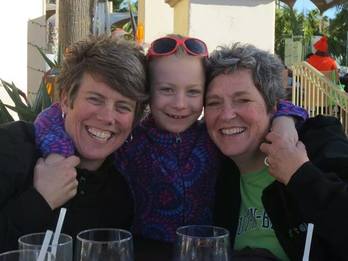Too often, Good Friday in Christian churches have been opportunities to perpetrate crucifixion. Too many of our Jewish kindred have been murdered in the name of Jesus on this day. Too many have been abused in a distortion of the “ritual” of Good Friday. Too often, Good Friday’s remembrance of Jesus’ execution has resulted in the torture of others.
But we gather tonight with a radically different understanding of what this night means. We’ve been taking a journey through Lent, from ashes to the Cross, examining brokenness and what makes for resilience. We’ve asked the question of how we are able to let go of the toxicity of vengeance and, instead, choose vulnerability. We’ve wrestled with individual, communal and societal brokenness and how we are both perpetrators and targets of oppression. And, how, amidst it all, we resist the violence, vengeance and oppression through healing and revolutionary joy.
But before we can fully claim any joy; before we know resurrection, we must face into the reality of Good Friday. Pain, suffering, abuse, oppression…. These are the all-too-present realities of our day. Crucifixion happened and it continues to happen. But tonight, we name and claim the ways in which Jesus’ crucifixion is a moment of God’s radical solidarity with all who are oppressed, wounded and experience violence. We name and claim God’s willingness to experience in God’s body what it was to be executed by the Powerful of the world, executed in the same way that countless people and the planet suffer at the hands of Power today. Good Friday does not valorize crucifixion, it does not celebrate violence. Good Friday condemns all that would break or injure God’s precious creation.

 RSS Feed
RSS Feed
